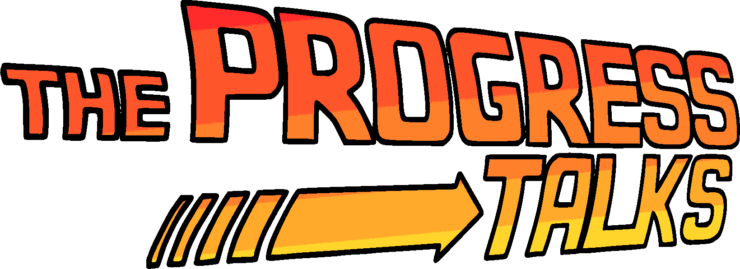
An online forum for debate on moral progress research
These questions receive increasing attention from philosophers, psychologists, biologists and sociologists. THE PROGRESS TALKS is an online forum where ongoing research on moral progress is debated.
Format: ‘Talk and Q&A’ or ‘Research colloquium’ (up to the invited researcher). ‘Talk and Q&A’ sessions consist of a 30-60 min presentation, followed by 15-30 min Q&A. During ‘Research colloquium’ sessions, we will discuss work in progress with our invited researcher. ‘Research colloquium’ meetings are pre-read. Drafts will be uploaded to this website; we will aim to distribute drafts at least one week in advance of each ‘Research colloquium’ meeting.
Location: Online (MS Teams)
Registration: If any of talks in this series (below) sound interesting to you, you can register here (free of charge, of course).
Contact: moralprogresstalks@gmail.com
Program
13:30-15 (CET)
CANCELLED
Increasing Impartiality: An Experimental Investigation of the Veil of Ignorance Thought Experiment
Thomas Pölzler (University of Graz)
Talk and Q&A
15:30-16:30 (CET)
Backslide: The Coming Loss of Moral Knowledge
Nicholas Smyth (Fordham University)
Talk and Q&A
Moral progress happens when a population acquires new moral knowledge and puts it into practice. Naturalistic moral epistemologists are converging on a set of factors which explain the acquisition of moral knowledge. Casting their eye over world history, many philosophers now believe they can identify the forces and factors which made it likely that human groups would acquire moral knowledge. This valuable project ought to bolster our confidence in our moral beliefs. But suppose that some or many of those forces and factors begin to diminish or recede from group life. What should we conclude? This, I argue, would entail a prediction: in such a scenario, we should expect those communities to lose moral knowledge. My second claim is that this is no counterfactual: explosive technological and social change is now actually depriving many human communities of the very elements which have explained their historical knowledge-acquisition. We should therefore predict that people in those communities will soon lose moral knowledge (or, perhaps, have already begun to lose it). I conclude by urging naturalistic moral epistemologists to recognize the essentially political implications of their views.
TBA
Dale Jamieson (NYU)
Queloz, Matthieu. 2024. “Moral Progress through Conceptual Change.” February 15. [Abstract]
Rahel Jaeggi. 2023. “Progress and Regression.” January 18.
Bicchieri, Cristina. 2023. “From is to ought and back: Variability and asymmetry in social inferences from norm information.” October 19.
Anderson, Elizabeth. 2023. “Pragmatism and Moral Progress.” February 9. [Abstract]
Danaher, John and Jeroen Hopster. 2022. “The Normative Significance of Future Moral Revolutions.” December 9. [Abstract]
Allen, Amy. 2022. “Universality, Necessity, and Progress: Marx and the Problem of History.” November 10. [Abstract]
Buchanan, Allen, and Alexander Motchoulski. 2022. “Revolution, Ideology, and Moral Progress.” September 15. [Abstract]
Lowe, Dan. 2022. “Ideology Critique and the Abolition of Slavery in the United States.” May 5. [Abstract]
Kumar, Victor. 2022. “Quarantined in an Echo Chamber.” April 7. [Abstract]
Kitcher, Philip. 2022. “A method for moral progress.” March 10. [Abstract]
Hermann, Julia. 2021. “Moral Progress through Disruption? The Role of (Socially Disruptive) Technologies for Progressive Moral Change.” December 9. [Abstract]


